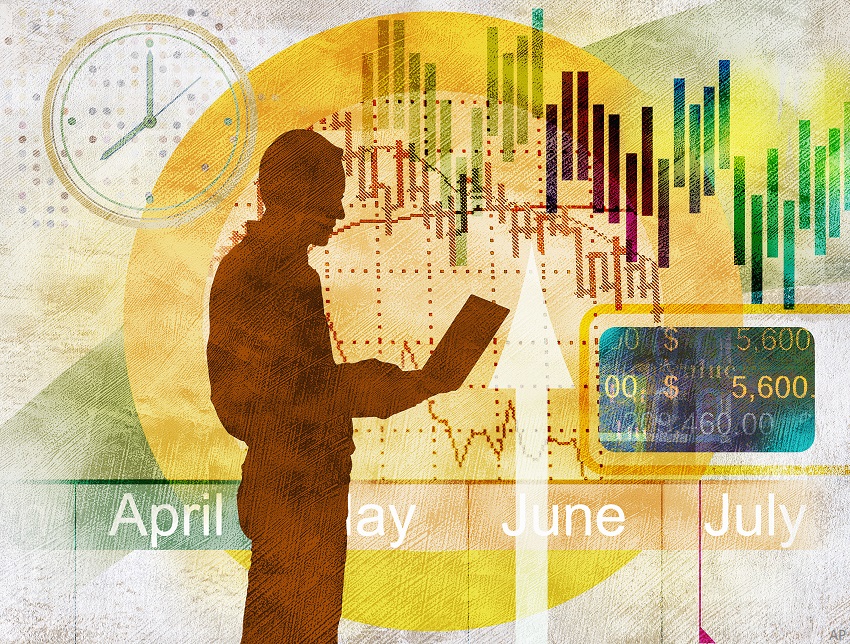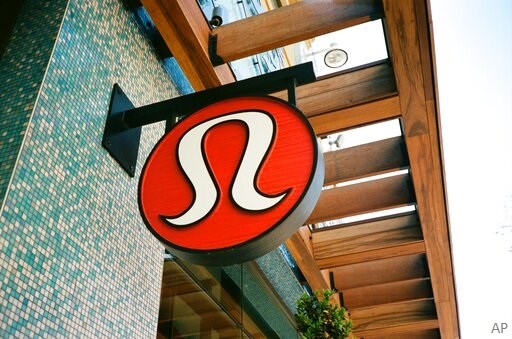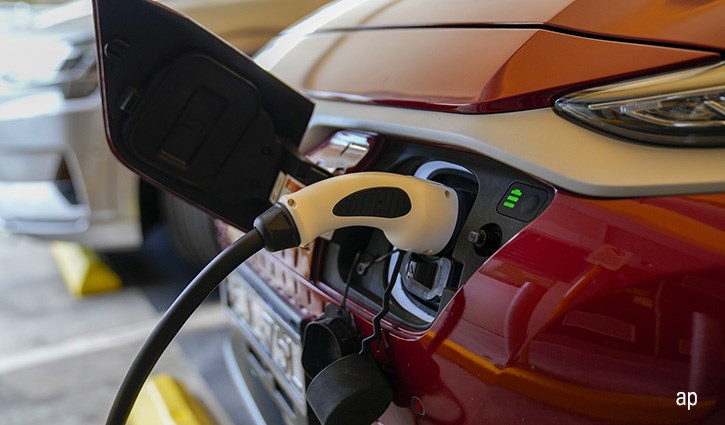
The unbridled inflation has pushed the prices of goods – from groceries to gas and other household goods – taking a large bite out of consumer monthly budgets. In the U.S., annual consumer prices jumped 9.1% in June, the largest increase in more than four decades.
However, inflation is generally a positive for retailers and consumer goods companies, as higher prices mean bigger sales value. One way investors can offset the corrosive effects of inflation on their pocketbooks is to add some of these companies to their investment portfolios.
The following chains of stores are best-in-class names to consider. Consumers may crimp spending, but they will still need the goods and services of these companies, making these stocks among the best defensive picks to hold during a variety of market conditions, including the bear market.
Leading American general merchandise retailer, Target (TGT) offers a variety of products across several categories, including beauty and household essentials (26% of 2021 sales), food and beverage (19%), home furnishings and décor (19%), hardlines (18%), and apparel and accessories (17%).
The company also has a strong e-commerce operation, which accounts for about 19% of sales.
Acting nimbly in response to shifting consumer behaviour due to hot inflation, Target has announced a fresh lineup of perks and promotions for the back-to-school season. The retailer has increased student discount to 20% while extending its Teacher Prep Event by nearly six weeks.
“Target has adapted to retail digitization, but we believe it faces a highly competitive environment with negligible customer switching cost,” says a Morningstar equity report, stressing that the retailer could be vulnerable to the competitive onslaught.
That said, the company’s efforts (started in 2017) to renovate its stores to serve as omnichannel fulfillment centers are impressive. “It should remain better positioned than its smaller rivals, fueled partly by cost leverage and its owned brands,” says Morningstar equity analyst, Zain Akbari.
While Target’s sales have surged since the pandemic began in early 2020, the shakier inflationary environment could pressure revenue and profits, asserts Akbari, who recently lowered the stock’s fair value to US$166 from US$171.
The move was prompted by “management’s plans to aggressively focus on optimizing inventory through markdowns, closeouts, and other measures meant to address recent assortment imbalances caused by consumer spending shifts in light of rampant inflation,” he adds.
Leading American grocer, Kroger (KR) operates under several banners throughout the U.S. Around 83% of stores have pharmacies, while nearly 60% also sell fuel. The company also operates roughly 120 fine jewelry stores.
While industry factors are eroding its competitive standing, Kroger still benefits from enduring intangible assets and cost advantages. “Of the traditional grocers, Kroger is uniquely positioned to defend its returns against a competitive onslaught that should intensify as Amazon, mass merchandisers, and hard discounters price aggressively to boost volume,” says a Morningstar equity report.
Kroger’s local market scale allows it to derive cost leverage that fuels competitive pricing and the investments needed to build on its presence in the emerging channels. “Its progress should be accelerated by partnerships (Walgreens, Microsoft, etc.) that we do not believe are available to smaller rivals because they cannot deliver the same value to counterparts,” contends Akbari.
Kroger's vast library of consumer data should play a large role in its digital transformation. “We expect data to play a key role in retailers' efforts to drive traffic, efficiency, and conversion, and anticipate that Kroger's long, intimate relationship with its numerous customers (96% of sales are tied to a loyalty card) has created a monetizable asset that few can match,” asserts Akbari who recently raised the stock’s fair value to US$47.50 from US$43.
Further, he adds, Kroger's ability to leverage distribution costs, investments in omnichannel offerings, and supply chain capabilities should allow it to continue to outperform its pure-play rivals.
American retail behemoth, Walmart (WMT) sells a variety of general merchandise and grocery items. U.S. accounts for 82% of sales while Mexico and Central America (6%) and Canada (4%) are its largest external markets. The company derives around 56% of sales come from grocery, 32% from general merchandise, and 11% from health and wellness items. It also operates several e-commerce properties apart from its eponymous site, including Flipkart and shoes.com (it also owns a roughly 10% stake in Chinese online retailer JD.com).
Walmart’s wide moat stems from intangible assets and a durable cost advantage. “With unrivalled scale, prodigious procurement strength, a strong brand, and a growing e-commerce platform, Walmart is the only American retailer that can compete comprehensively with Amazon’s retail offering,” says a Morningstar equity report.
Although the retail environment is intensely competitive, the retailer’s scale brings cost leverage that can be used to keep prices low. “Walmart should be able to compete aggressively, particularly for the roughly 50 million households [that] do not subscribe to Amazon Prime, a proposition solidified by its introduction of the Walmart+ membership program,” argues Akbari.
While its days of domestic store count growth may be behind it, Walmart has redirected capital to build an infrastructure that could help generate average double-digit ecommerce growth for years to come. “Traditional channel growth should be hard to come by, but we suspect Walmart’s robust grocery offering will promote traffic, feeding its ability to leverage costs and investments in automation and infrastructure,” says Akbari who recently cut the stock’s fair value to US$138 from US$152, reflecting greater-than-expected margin pressure amid rising inflation.









.jpg)













